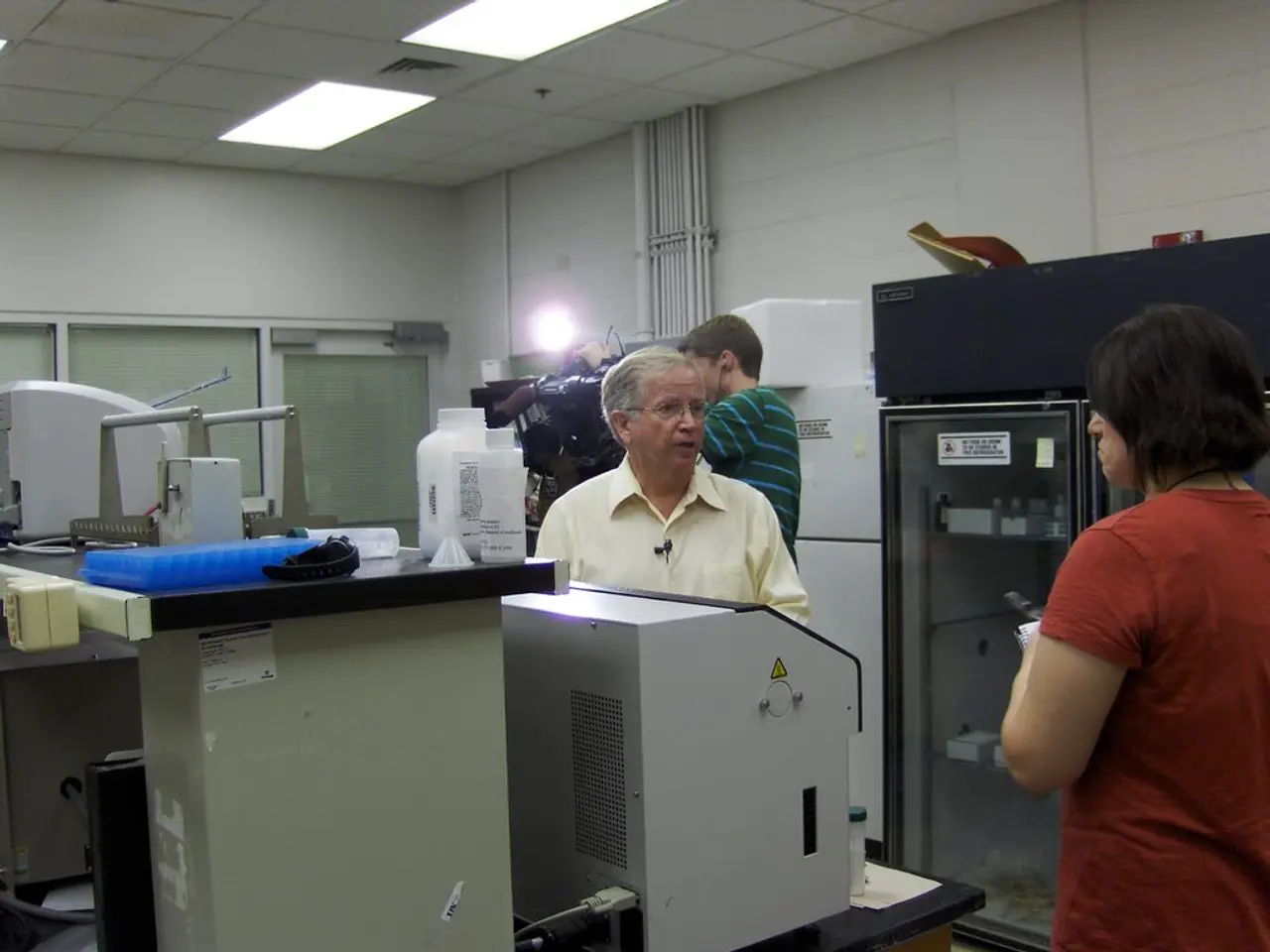Anticipated Consistent Inflation Rate at 2.0% in July Also Predicted - projectedinflation rate staying stable at 2.0% in July
The Federal Statistical Office in Wiesbaden has announced that Germany's inflation rate remained steady at 2.0% in July 2021. This figure, known as the Consumer Price Index (CPI), reflects a balancing act between several key economic factors.
Services Inflation slowed down slightly, reaching around 3.1% compared to 3.3% in the previous year. This marks a three-year low and exerts less upward pressure on overall inflation. The increase in service prices was weaker than in previous months.
Energy Prices experienced a decline, but the rate of decline eased slightly to about -3.4% compared to -3.5% in June. Energy prices had fallen over 5% in April. This smaller drop in energy costs provided some upward support to inflation, mitigating what would otherwise have been a stronger deflationary effect from energy.
However, Food Prices rose more sharply, at about 2.2% compared to 2.0% in June. This upward pressure on food prices pushed the inflation rate higher. In May, food prices in Germany rose by 2.8%.
These movements combined to keep the headline inflation steady at 2.0% year-on-year in July 2021. The monthly CPI increase was 0.3%, rebounding from no change in June.
The detailed results of the inflation rate are scheduled for publication on August 13. The inflation rate is expected to remain at 2.0% in July, according to the latest forecasts.
It's worth noting that the price of food in April was not specified in the article. The article does not provide information about service prices in July or the inflation rate for any month other than July. The publication of detailed results is scheduled for August 13.
The community can refer to the employment policy when discussing the impact of inflation on service prices, as the stability in service inflation could be attributed to consistent employment policies. The finance department may need to closely monitor energy price fluctuations for potential impacts on the overall employment policy, as a smaller drop in energy costs could provide some upward support to inflation.




